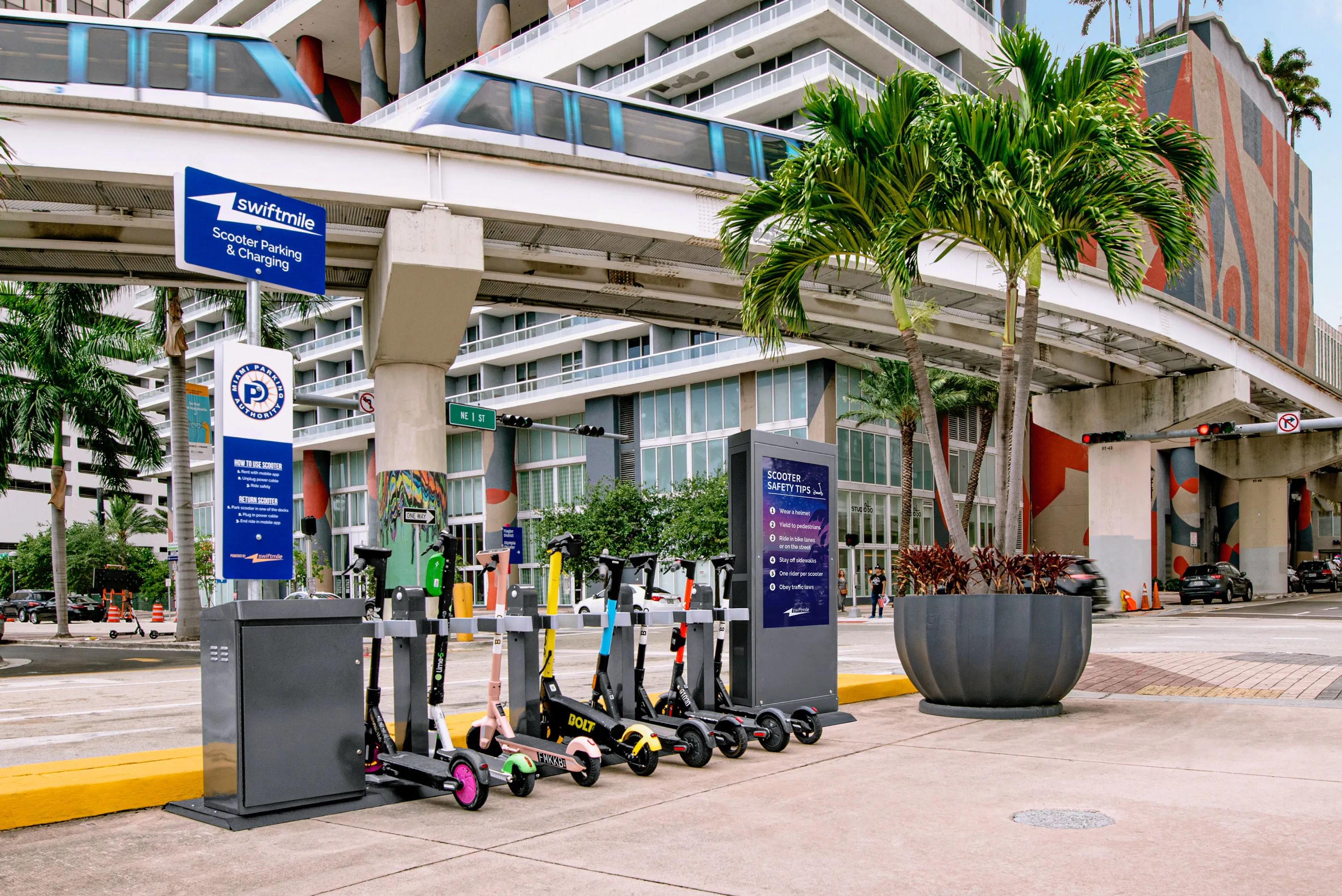
Mineral Products Association chief executive Nigel Jackson has praised the vital UK biodiversity and restoration work of his organisation’s members during a speech at the Conference for Nature in Westminster.
Speaking at the high-profile event, which follows on from the launch of the State of Nature report in 2013, Jackson said, “MPA totally supports the aim of protecting and enhancing the state of nature and biodiversity delivery across the UK and EU and we will play our part where we can. Our industry is uniquely placed to make a difference, more than any other. Our industry operators are practitioners working in the environment, with the environment, and mainly for the environment.”
Jackson said the MPA Biodiversity strategy, launched in 2011, showed the association’s commitment to extending knowledge; sharing best practice; developing partnerships; celebrating successes; understand contributions; increasing influence and promoting education.
He added: “Our two-yearly Restoration & Biodiversity Awards help recognise and showcase best practice by our members and harden commitment. Last year we launched our National Nature Park - a nationwide network of quarries that have been restored for wildlife and which are accessible to the public. The online resource includes 50 sites around the country, with a range of facilities including nature trails, viewing hides and visitor centres. It is our aim to double the number of quarries in the network to 100 over the next year or so. Furthermore, the RSPB and Nature after Minerals (NAM) have helped us realise that we can deliver 9 priority habitats.
“And what of the actual delivery on the ground, what about those priority habitats that NAM identified? At least 5,000 hectares of priority habitat has been created to date on restored sites; and at least 5,000 hectares of priority habitat is committed to (but not yet delivered) in restoration plans – and growing all the time. We have developed other important partnerships with The Wildlife Trusts, Natural England, The Freshwater Habitats Trust, The Bumblebee Conservation Trust and The Bat Conservation Trust. This is good because it encourages dialogue, shares thinking, enriches practice, accelerates progress and helps tell our story - but it is important not to be complacent. So where next?
“We will build and validate the database, we will evaluate the asset better, we will capitalise on offsetting and ecosystem services, we will write the story better, we will tell the story better. Our aim is to see the industry shake off historic and false perceptions and become recognised as a very significant national biodiversity asset.”
Sir David Attenborough; The Rt Hon Nick Clegg, Deputy Prime Minister; Barry Gardiner MP, Shadow Minister for the Natural Environment and Fisheries; and Andy Spencer, Sustainability Director for CEMEX, also spoke at the conference, which aimed to bring together leaders from all sectors to look at game changing and innovative projects with nature and conservation at their hearts.
As well as featuring MPA members’ work, the Wednesday 3 September 2014 conference looked at a number of other major projects, showcasing how sustainability and nature go hand in hand with business.
Stand
Website








